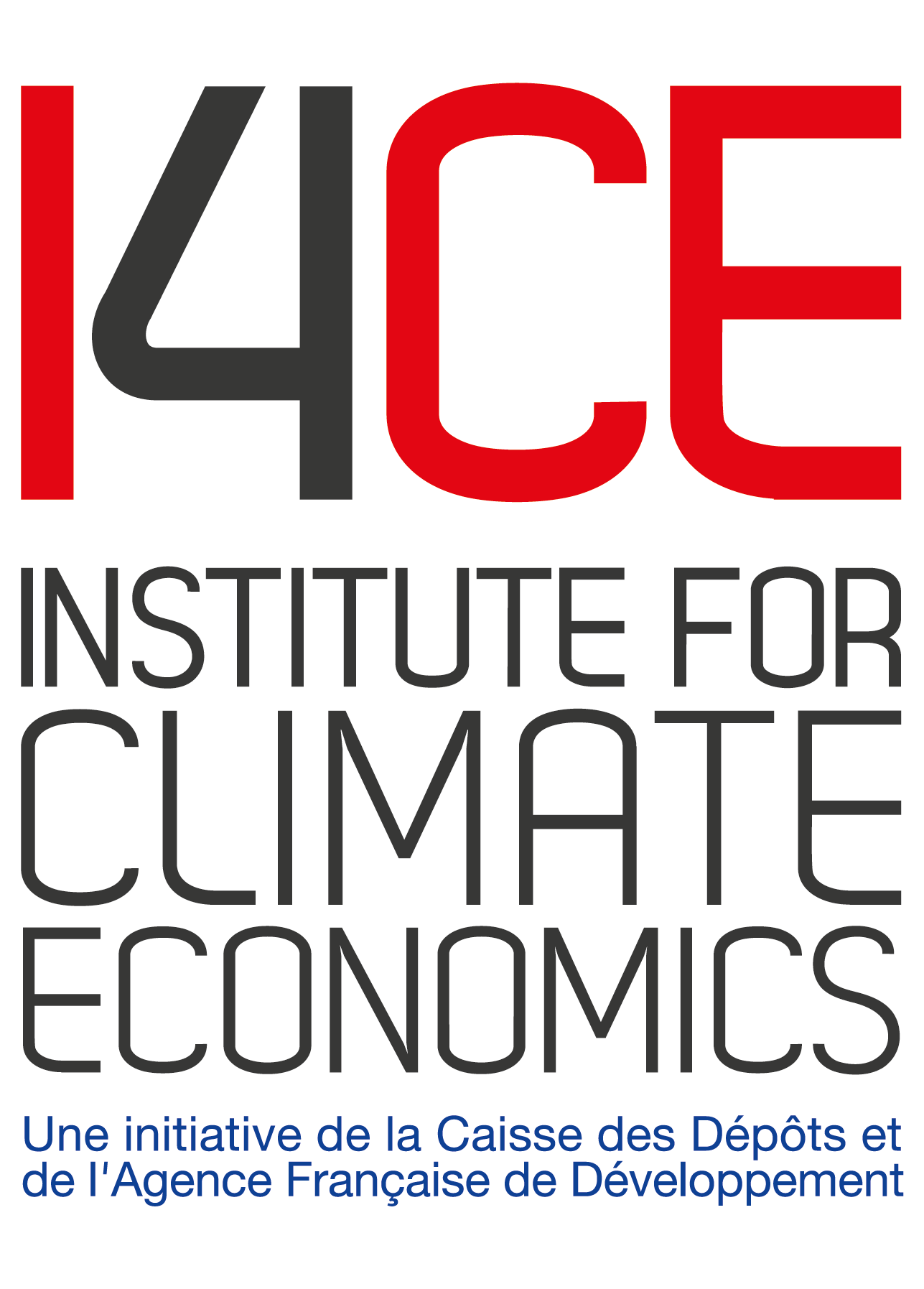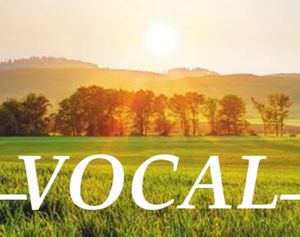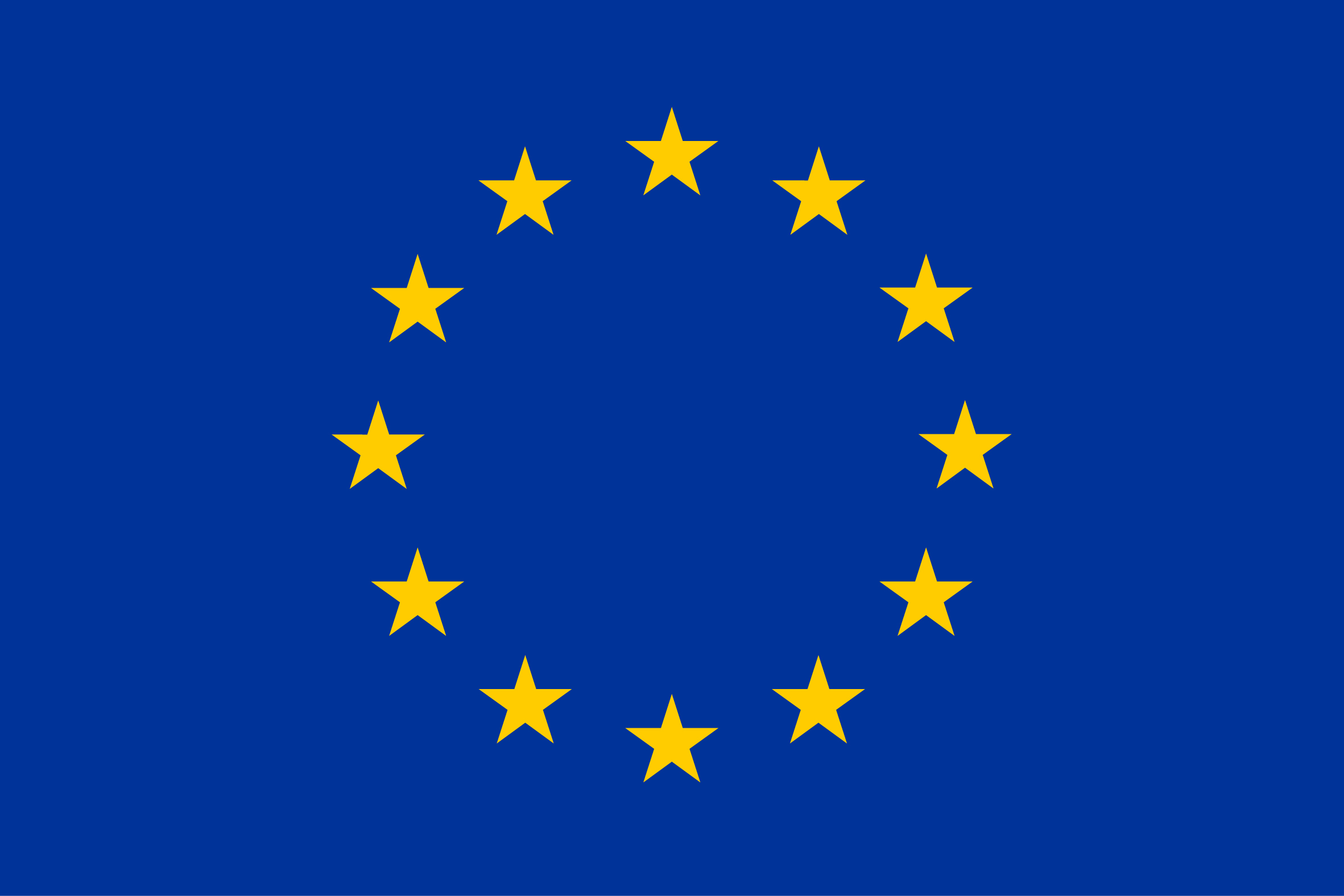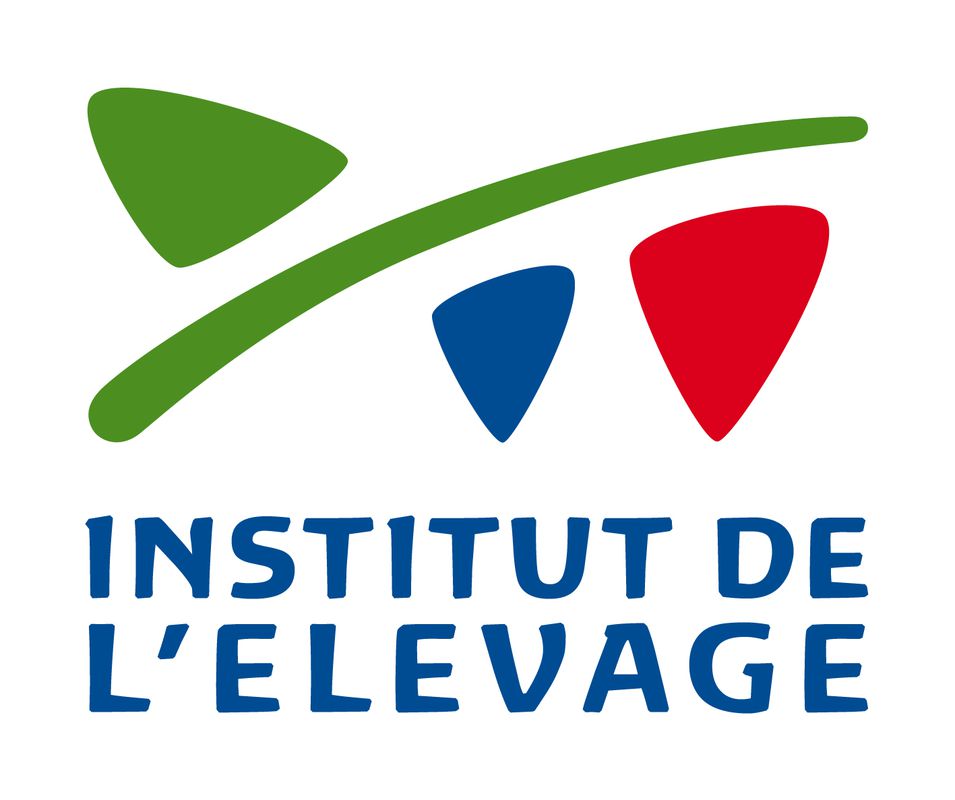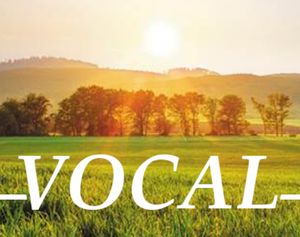VOluntary CArbon Land Certification.
Developing a national framework for voluntary carbon certification
The VOluntary CArbon Land Certification (VOCAL) project aims at developing a national framework certifying carbon emission reductions, in collaboration with several public and private partners. It will certify that the GHG emissions reductions and carbon sequestration allowed by agricultural and forestry projects in France respond to environmental integrity criteria defined in the standard and methodologies both approved by the French Ministry in charge of the Environment (Ministère de la Transition écologique et solidaire or MTES in French).
Context
The Low Carbon National Strategy (Stratégie Nationale Bas Carbone in French) determines the orientations for mitigation efforts across the different economic sectors, including forestry and agricultural sectors. Incentive tools must be implemented to better exploit the mitigation potential from these two sectors and therefore meet the French climate objectives. Assessing and certifying emissions reductions generated by a project against a baseline scenario would enable:
- Actors committed towards a climatic and energetic transition approach to value their efforts;
- Investors to have credible guarantees about the quality of the funded projects and their environmental impacts;
- Public administrations to collect data in order to design and implement relevant public policies (mitigation potential, abatement costs…) and to improve their emissions inventory methods
A standard and several methodologies tested in France
The VOCAL project is built on 3 pillars, from research to on-field experiments :
Preliminary studies:
A study on the potential and the drivers of the demand for voluntary carbon offset carbon credits in France, and the share of forestry and agricultural projects on voluntary carbon markets;
A study on the expectations and motivations of forest owners towards the valuation of ecosystem services generated by their forest in the Massif-Central region;
A financial and legal study to ensure the practical implementation of the framework, especially regarding the legal relationship between the project developers and the investors
Reference documents:
A national standard for carbon certification: the Low-Carbon Standard (Label Bas-Carbon in French)
Sectoral methodologies detailing the standard’s rules for each sector (eligible practices, baseline scenario determination, demonstration of the additionality …).
On-field experiments:
Several pilot projects
Project progress
I4CE is in charge of a series of preliminary studies (study on the demand for voluntary carbon credits; an assessment of international initiatives similar to VOCAL; Benchmark on the existing carbon methodologies for forestry and agricultural sectors, research study on the optimal tradeoff between precision and MRV cost).
I4CE and the French Ministry of Environment (Direction générale de l’énergie et du climat – DGEC) have jointly elaborate the Low-Carbon Standard. This standard should be submitted to public consultation by the end of 2017, and the text is expected to be legally adopted by the Ministry by January 2018.
The methodologies are currently under development. These methodologies will detail which agricultural and forestry practices are eligible to certification, and specify the rules for the evaluation, the monitoring and the verification of emissions reductions against a baseline scenario after the implementation of a mitigation project. by mid-2018, the first three methodologies (afforestation/reforestation, improved forest management and livestock) should be validated by the Ministry of Environment.
Co-investors: European Union, ADEME, KIC Climat, I4CE, CPF, GIP Massif Central, IDELE
Stakeholders: Ministère de la Transition écologique et solidaire (MTES – DGEC), Ministère de l’agriculture et de l’alimentation(MAA), Forêt Privée Française, ONF, ADEME, APCA, Coop de France Ouest, Aquitaine Carbone, Sylv’Acctes…
Partners: GIP Massif Central, Centre national de la propriété forestière (CNPF), l’Institut de l’élevage (IDELE), InVivo, Interbev, Centre National Interprofessionnel de l’Economie Laitière, (CNIEL) and the Institut National de la Recherche Agronomique (INRA).
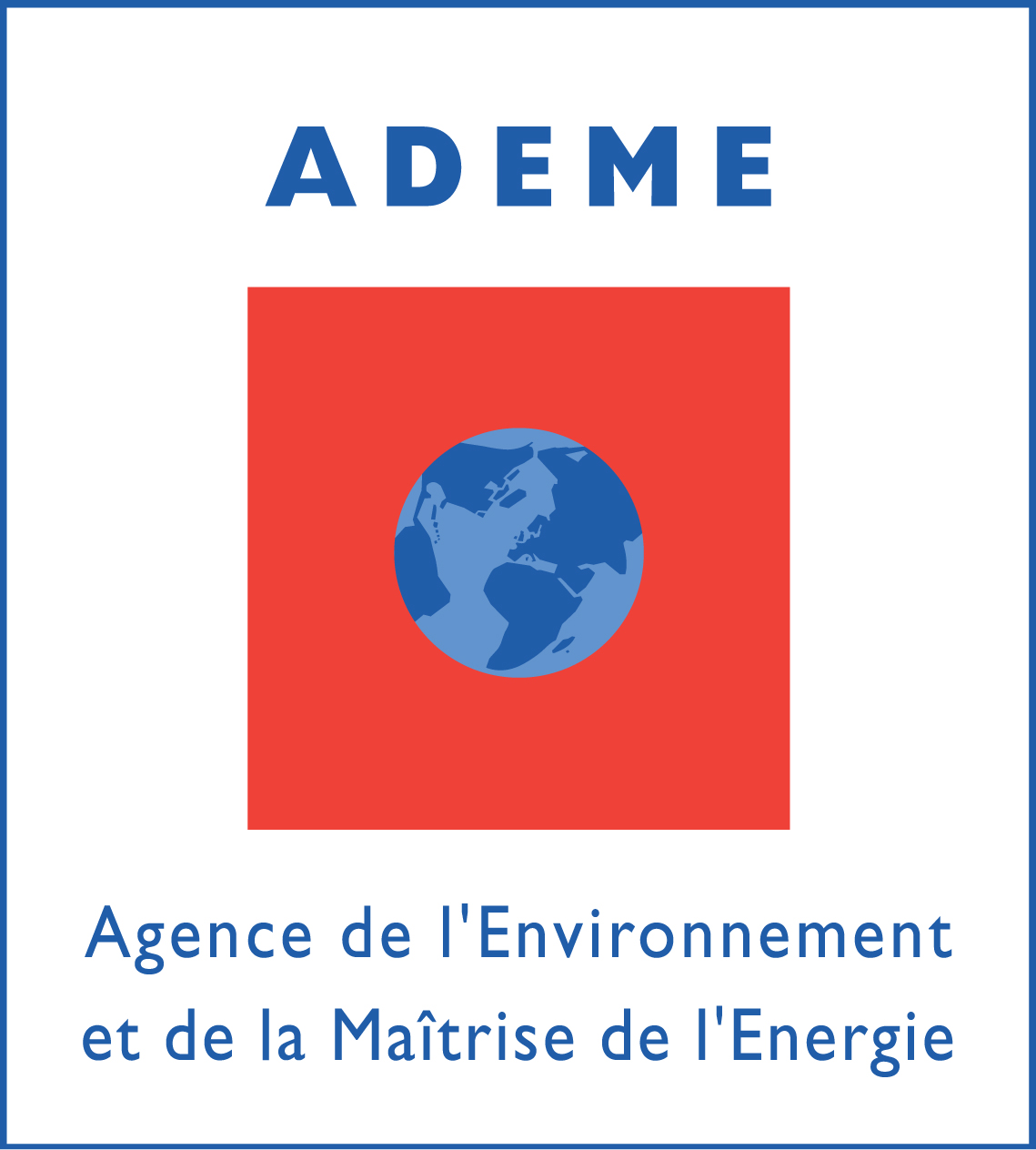
ADEME - Agence de l'Environnement et de la Maîtrise de l'Energie
Climate-KIC
